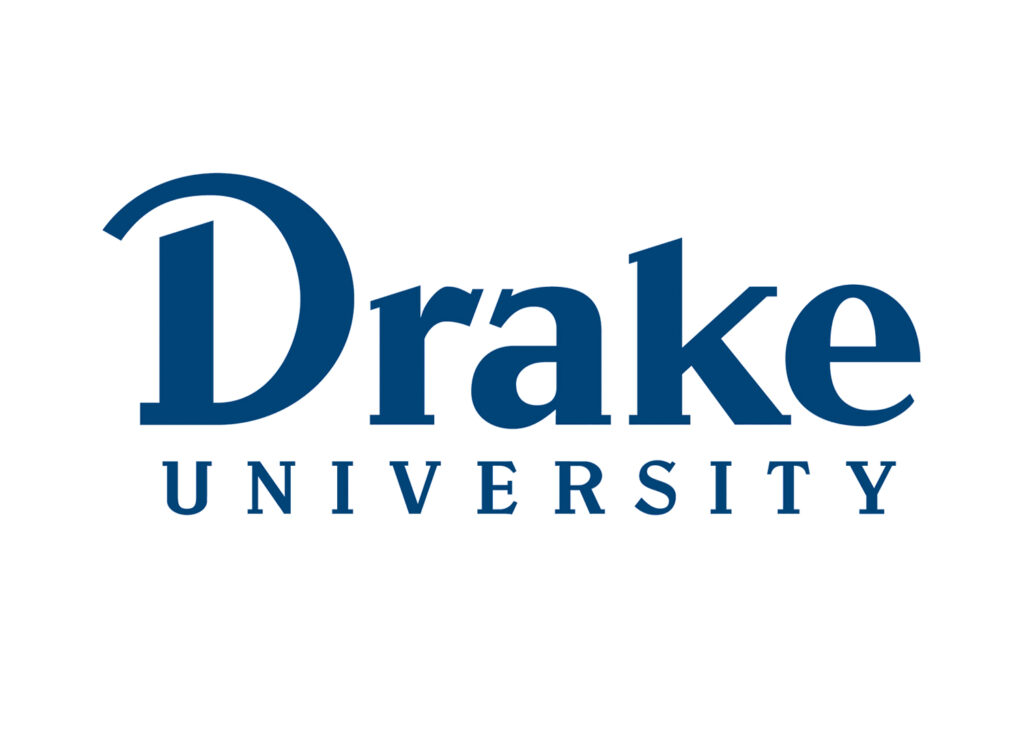A differential cost

Michael Crum understands how hard it can be for families to afford to send their children to college.
So when it came to proposing an extra fee for students in Iowa State University’s College of Business, Crum, associate dean at the college, said he and others didn’t take the decision lightly.
Ultimately, school officials made the decision that a number of other business schools around the country have made, including the University of Iowa’s Henry B. Tippie College of Business and the University of Northern Iowa’s College of Business Administration. In order to try to recruit more professors and reduce class sizes for upperclassmen, Iowa State decided to impose a tuition surcharge – known as differential tuition – for students with 60 or more credits in the business college, and hike the tuition for business graduate students. The college will complete the three-year phasing-in process in the fall.
“No one likes a price increase,” Crum said, recalling sessions he had with students before the school implemented differential tuition in the 2009-10 school year. “The only thing I can guarantee you,” he told them, “is with that price increase will come improvement with the quality of your learning environment. And you’ll be better prepared when you get out of here.”
Once the increase is fully phased in for the 2011-12 school year, ISU upper-level business students will pay an additional $791 (adjusted from $750 due to the percentage increase applied to regular tuition) per semester, or $1,582 per traditional academic year, compared with what students from other colleges pay. In addition, business graduate students will pay $1,600 more per year than other graduate students starting in the fall.
The college anticipates an estimated $2.5 million a year in extra tuition revenues.
“I think universities are taking a look at the different missions of some of their schools,” said Patrice Sayre, chief business officer for the Iowa Board of Regents. “They’re also looking at the different markets they may have, and they’re recognizing that there is a difference in the cost of education in those different markets.”
She said it made sense for Iowa’s state universities to implement differential tuition in their business colleges because business courses have typically had larger class sizes and the schools are looking for ways to reduce those.
At Iowa State, the main goal of charging differential tuition to business students was to reduce class sizes in 300-level core courses – mostly filled by juniors and seniors – from between 200 and 300 students down to 60 to 70 students. To do that, the college set a goal to use the extra funds to hire 11 new faculty members so it can offer more sections of some classes.
The money also will be used to help fund the college’s communication program and for student scholarships.
Student and parent response has been overwhelmingly positive, Crum said. He met with students before the university decided on the plan, and the student Business Council voted 33-2 in favor of the proposed changes. Since implementation, he said he has received only a few phone calls from parents and students questioning the decision.
Officials are quick to point out that differential tuition is not a new trend nationwide, and that it has been talked about by the Iowa Board of Regents since 2003. Other programs within the state universities have also implemented it.
“None of these are just because we decided,” Sayre said. “They’re all because there is some specific thing. Quite often it has to do with reducing student/faculty ratios, and they have to do renovating and provide better laboratories and update the equipment. And it could even be strengthening a program.”
Sayre wouldn’t speculate on whether more programs in the state would look at differential tuition in the future, but did say it’s something the regents would consider for more programs if there is a need.
“I think that universities are going to continue looking at the cost of continuing to deliver quality education, and if it’s higher for certain majors or certain levels, they’re going to consider it,” she said.
The worry, though, is that state budget cuts will force departments to compromise on their goals. Iowa State didn’t plan on a recession while preparing differential tuition in the business college.
Right now, the college has reached its goals, Crum said, helped by additional university funding with the understanding that the college would be able to maintain faculty because of the additional tuition revenue.
No matter what budget cuts hit the college, students will have smaller class sizes than they did before the additional tuition. But he doesn’t want students to think that the school didn’t hold up its end of the deal by failing to maintain the goal it announced.
“The question is, if we can survive this round of cuts and we can get the funding back up, if we can sustain that,” Crum said. “We fulfilled our promise … (but) will students think we reneged? That’s our concern.”










